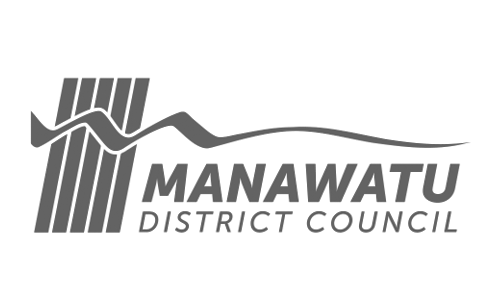Opinion: Linda Stewart, CEDA Chief Executive
 The Government’s proposal to change the way it approaches immigration and temporary work visas appears positive for Manawatū and local businesses, but CEDA urges caution in approaching immigration with just a short-term view.
The Government’s proposal to change the way it approaches immigration and temporary work visas appears positive for Manawatū and local businesses, but CEDA urges caution in approaching immigration with just a short-term view.
This week the Government proposed a raft of changes to immigration, including replacing the nation-wide Essential Skills in Demand Lists with Regional Skills Shortages Lists, with an aim of matching temporary work visas with genuine regional skills shortages. Shifting work visas to be employer-led, rather than migrant-led, is also proposed.
Research undertaken by CEDA in 2016 revealed the biggest barrier to growth for local businesses is finding skilled or specialist staff.
The proposed changes will go some way in helping to alleviate the barrier to growth by simplifying the pathways to getting temporary work visas, with skilled migrants playing a crucial role in meeting the needs of businesses who cannot find the skills, talent and expertise, in New Zealand.
The solid growth in our city, district and region is showing no signs of slowing. There are $3 billion worth of major construction and development projects that will take us through to 2030 and this is on top of the millions of dollars being invested by Government in infrastructure projects like the Manawatū Gorge Replacement Route and the Regional Ring Road.
If the work visa process is streamlined for employers suffering from severe skill gaps, a smoother and more efficient process is a plus. And with the onus on businesses to become accredited in order to provide work visas, it provides a great sense check for employers to ensure they’re providing an environment for all employees to grow, develop and flourish; a benefit for all staff.
While we welcome these proposed changes, I would urge the Government not to be short-sighted. Further discussion and recognition will be needed around the time and investment that goes into hiring and training immigrants, across all industries. For businesses to make this investment and then potentially lose these staff members if their visa is not or cannot be renewed, places additional financial and resource pressures on them. While these changes help in reducing short-term pressure, the long-term impact of continued skill shortages, the challenges, changes and opportunities, need to be explored.
We work hard alongside regional organisations to deliver on developing the skills and talent within our region (think National Driver Training Centre and Talent Central), but our labour market is tight, unemployment in the region is low, and put simply, we need more people, with the right skills and talent, in order to grow.
I urge business owners and employers to become familiar with this proposal (read the fact sheet here) and have your say through the consultation process, which is open until March 18 2019.





